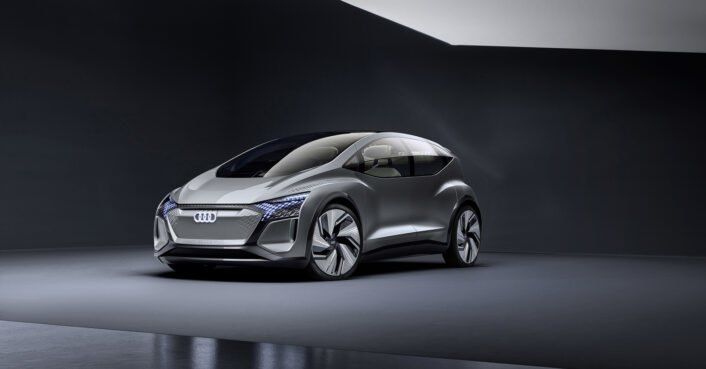Lilium first emerged in 2016 as an aviation startup with some very lofty ambitions, revealing plans to develop a five-seat electric aircraft that can take off vertically, switch to horizontal flight in mid-air and cover some sizable distances on each charge. The company has now taken a significant step toward achieving this goal, completing a flight of a full-scale prototype of its Lilium Jet for the very first time.
Category: transportation – Page 480

The Future of Commercial Travel
When the Wright brothers pioneered their first flight in 1903, they dreamed of transforming the way our world connected. It’s safe to say they would be astonished at the progress of aviation. From that 59 second flight traveling a distance of 852 feet, we have established a world where there is an airport in nearly every major city, giving people the opportunity to see the globe in ways the Wright Brothers dreamed of.
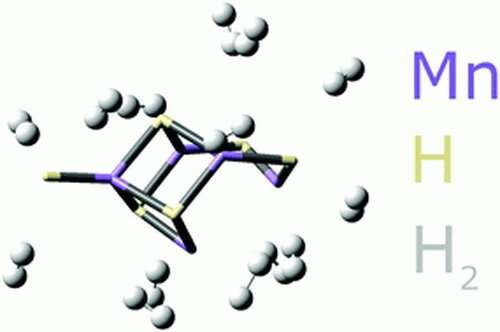
New material could unlock potential for hydrogen powered vehicle revolution
Scientists have discovered a new material that could hold the key to unlocking the potential of hydrogen powered vehicles.
As the world looks towards a gradual move away from fossil fuel powered cars and trucks, greener alternative technologies are being explored, such as electric battery powered vehicles.
Another ‘green’ technology with great potential is hydrogen power. However, a major obstacle has been the size, complexity, and expense of the fuel systems—until now.
Electric air taxi startup Lilium completes first test of its new five-seater aircraft
Compared to the other preproduction electric aircraft we’ve seen so far, the Lilium Jet certainly stands out: it has an egg-shaped cabin perched on landing gear with a pair of parallel tilt-rotor wings. The wings are fitted with a total of 36 electric jet engines that tilt up for vertical takeoff and then shift forward for horizontal flight. There is no tail, rudder, propellers, or gearbox. When it’s complete, the Lilium Jet will have a range of 300 kilometers (186 miles) and a top speed of 300 km / hour (186 mph), the company says.
That’s much farther than many of its competitors are predicting of their electric aircraft. Remo Gerber, Lilium’s chief commercial officer, said this was due to the Jet’s fixed-wing design, which requires less than 10 percent of its maximum 2,000 horsepower during cruise flight.
“We are super excited,” Gerber said in an interview with The Verge. “The first flight went exactly how it was intended to be.”
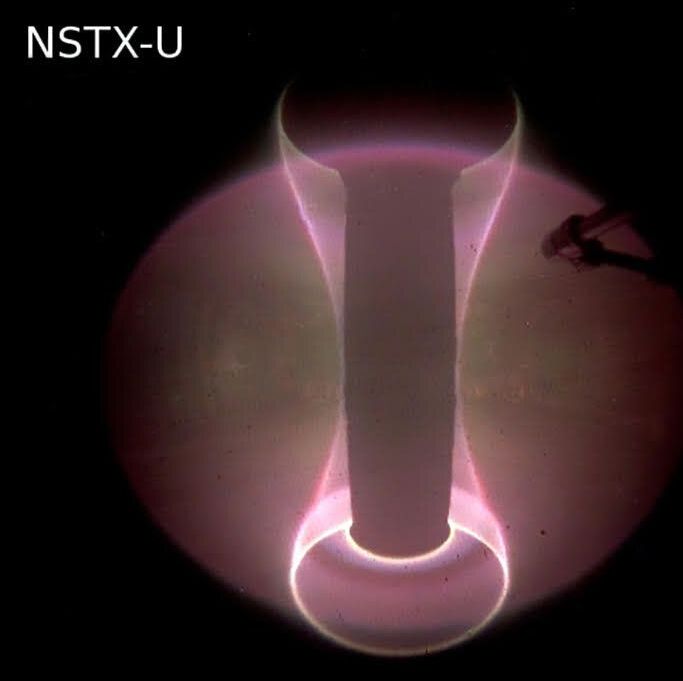
Machine learning speeds modeling of experiments aimed at capturing fusion energy on Earth
Machine learning (ML), a form of artificial intelligence that recognizes faces, understands language and navigates self-driving cars, can help bring to Earth the clean fusion energy that lights the sun and stars. Researchers at the U.S. Department of Energy’s (DOE) Princeton Plasma Physics Laboratory (PPPL) are using ML to create a model for rapid control of plasma—the state of matter composed of free electrons and atomic nuclei, or ions—that fuels fusion reactions.
The sun and most stars are giant balls of plasma that undergo constant fusion reactions. Here on Earth, scientists must heat and control the plasma to cause the particles to fuse and release their energy. PPPL research shows that ML can facilitate such control.
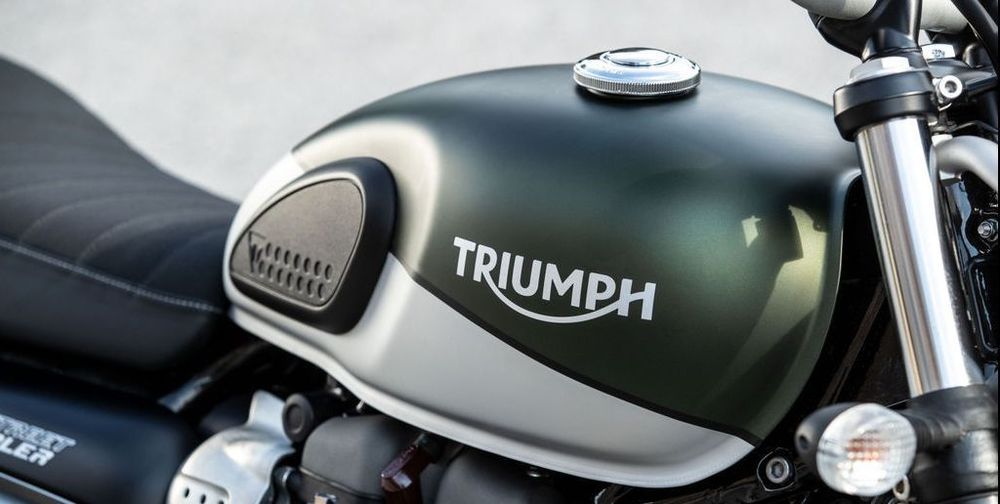
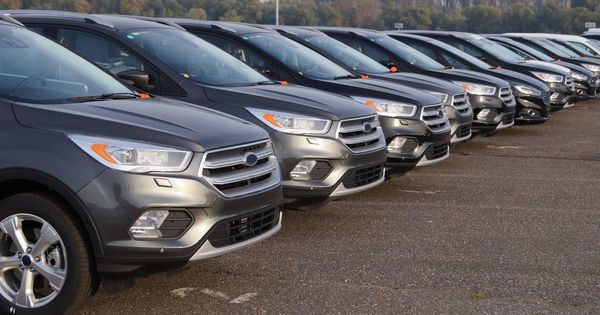
The Amazing Ways The Ford Motor Company Uses Artificial Intelligence And Machine Learning
Ford Motor Company, ones of America’s oldest companies, uses artificial intelligence and machine learning in many ways from the supply chain to production to used car sales to self-driving vehicles. The company prioritizes technology, and this focus is one reason it’s leading the path to the future.

This startup is planning a flying taxi service that costs about the same as normal taxis
A flying taxi that you can order through an app? This German company plans to make that a reality in the next six years.
Munich-based startup Lilium unveiled its five-seater electric air taxi prototype on Thursday. The Lilium Jet, which conducted its first flight earlier this month, is part of an app-based flying taxi service that the company expects will be “fully-operational in various cities around the world by 2025.”
The battery-powered jet is capable of traveling 300 kilometers (186 miles) in 60 minutes on a single charge, and will connect cities through a network of landing pads. Commuters will be able to book rides from their nearest landing pad through a smartphone app.
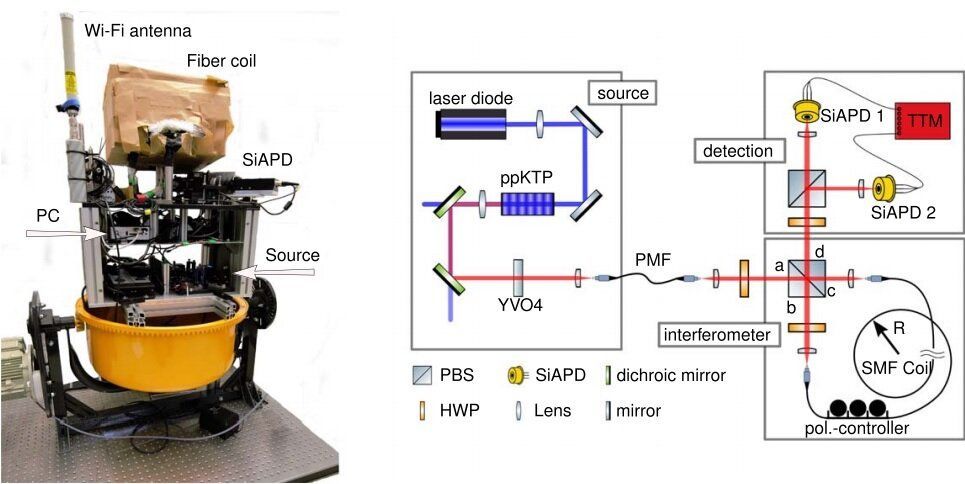
Entangled-photon gyroscope overcomes classical limit
Fiber optic gyroscopes, which measure the rotation and orientation of airplanes and other moving objects, are inherently limited in their precision when using ordinary classical light. In a new study, physicists have experimentally demonstrated for the first time that using entangled photons overcomes this classical limit, called the shot-noise limit, and achieves a level of precision that would not be possible with classical light.
The physicists, led by Matthias Fink and Rupert Ursin at the Austrian Academy of Sciences and the Vienna Center for Quantum Science and Technology, have published a paper on the entanglement-enhanced fiber-optic gyroscope in a recent issue of the New Journal of Physics.
“We have demonstrated that the generation of entangled photons has reached a level of technical maturity that enables us to perform measurements with sub-shot noise accuracy in harsh environments,” Fink told Phys.org.
